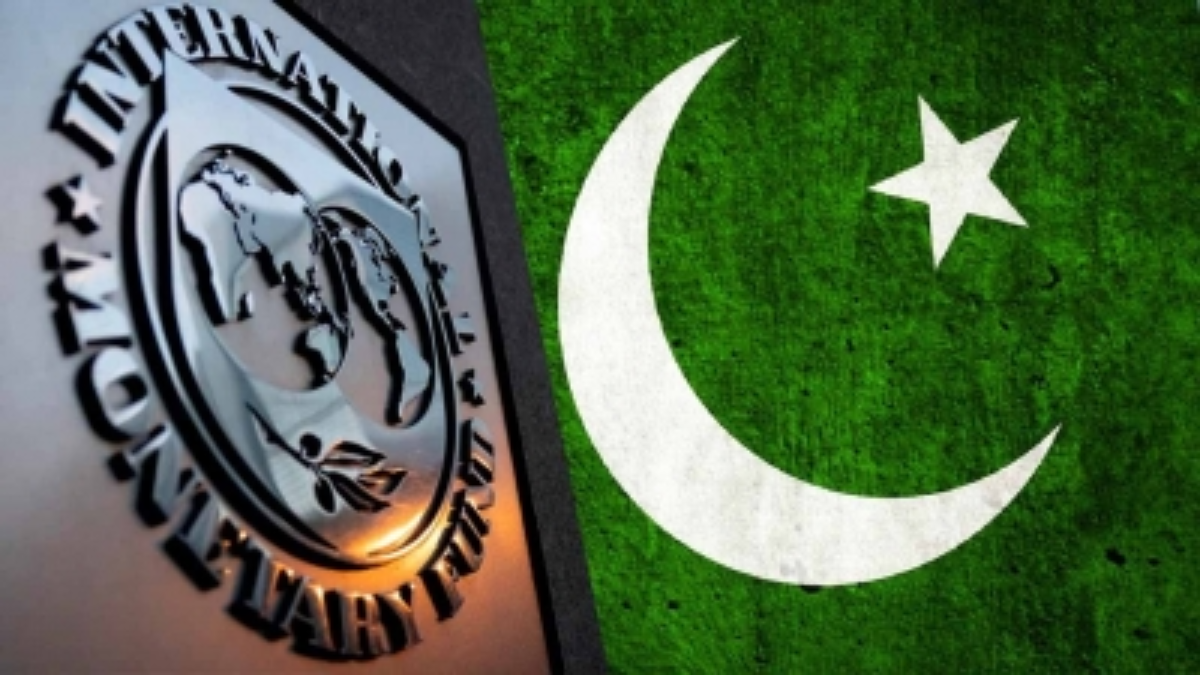Pakistan has once again failed to meet critical targets set by the International Monetary Fund (IMF) for the second review of its $7 billion bailout package, reaffirming India’s longstanding concerns over Islamabad’s prolonged borrowing and poor implementation record. According to reports, Pakistan missed three out of five key targets, highlighting persistent structural and fiscal weaknesses in its economy.
Fiscal Shortfalls and Failed Schemes
Pakistan’s Federal Board of Revenue reportedly fell short on two major fiscal targets, failing to collect 12.3 lakh crore rupees in total revenues and generating only 50 billion rupees under the Tajir Dost Scheme, aimed at taxing retailers. The scheme has been widely described as a failure, leaving the unorganised sector largely unchecked, according to Pakistan’s Express Tribune. Additionally, the provinces could not achieve the targeted savings of 1.2 lakh crore rupees for the last fiscal year due to higher-than-expected expenditures.
India has consistently opposed loans to Pakistan, citing concerns that inflows from international financial institutions could be diverted to military or state-sponsored cross-border terrorist activities. At the last IMF meeting, India’s representative Parameswaran Iyer said, “This is a serious gap highlighting the urgent need to ensure that moral values are given appropriate consideration in the procedures followed by global financial institutions.”
Prolonged Borrowing and Military Interference
The IMF had approved a 37-month Extended Fund Facility (EFF) arrangement for Pakistan last September, totaling SDR 5,320 million (around $7 billion), with an immediate disbursement of $1 billion. However, repeated failures to meet conditions underscore Pakistan’s continued dependence on external aid. India has highlighted that had earlier IMF programmes succeeded in establishing a sound macroeconomic environment, Pakistan would not have sought yet another bailout.
Pakistan military’s entrenched role in economic affairs poses significant risks to policy implementation. Even with a civilian government in power, the army continues to exert deep influence over domestic politics and economic policy. A 2021 UN report described military-linked businesses as the “largest conglomerate in Pakistan,” a situation that persists, with the army playing a central role in the Special Investment Facilitation Council of Pakistan.
India also flagged the Pakistan chapter of the IMF Report on Evaluation of Prolonged Use of IMF Resources, which noted that political considerations heavily influence IMF lending to Pakistan. As a result of repeated bailouts, Pakistan’s debt burden remains extremely high, making it a “too-big-to-fail” debtor for the IMF, raising concerns about the effectiveness of programme design, monitoring, and implementation.

